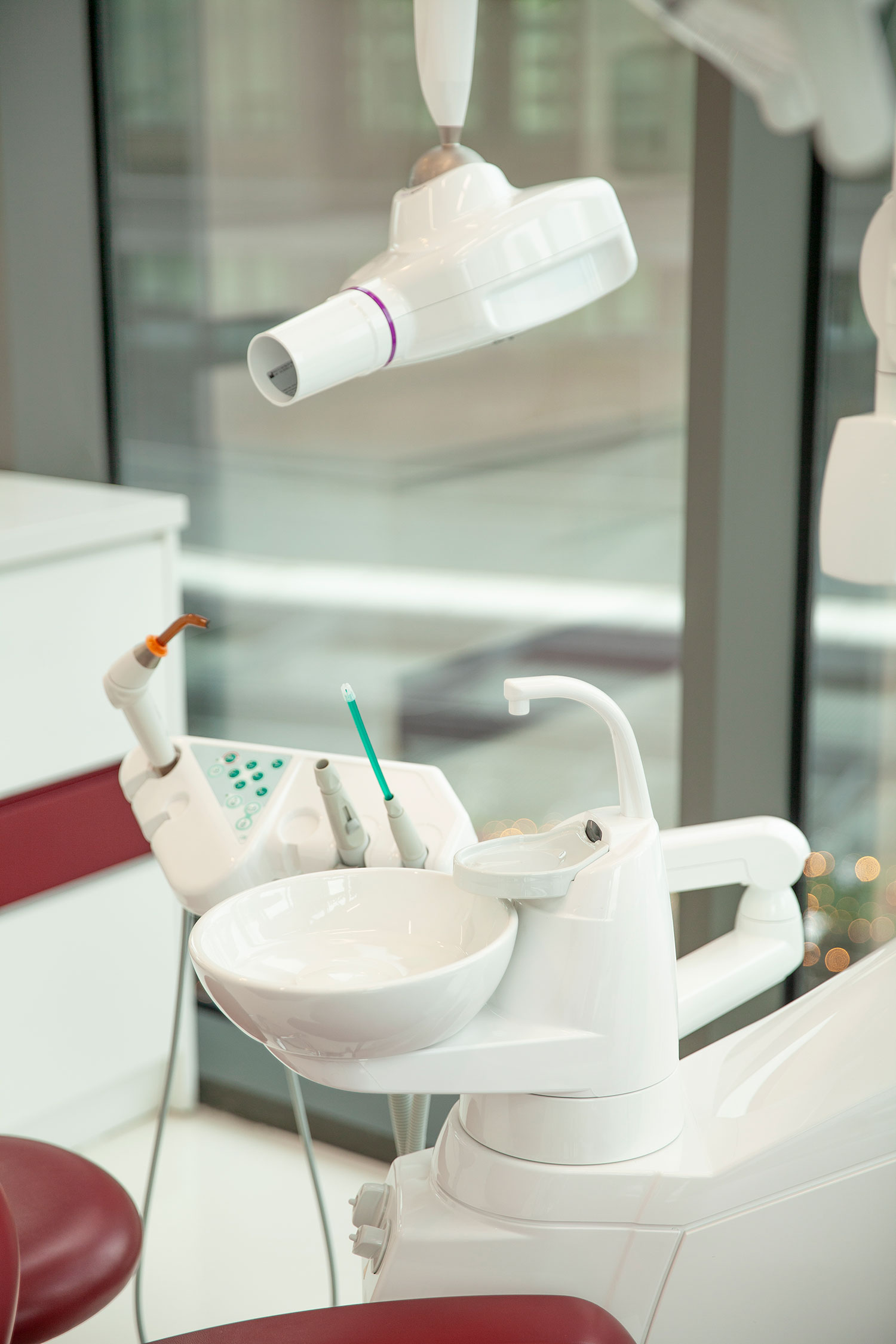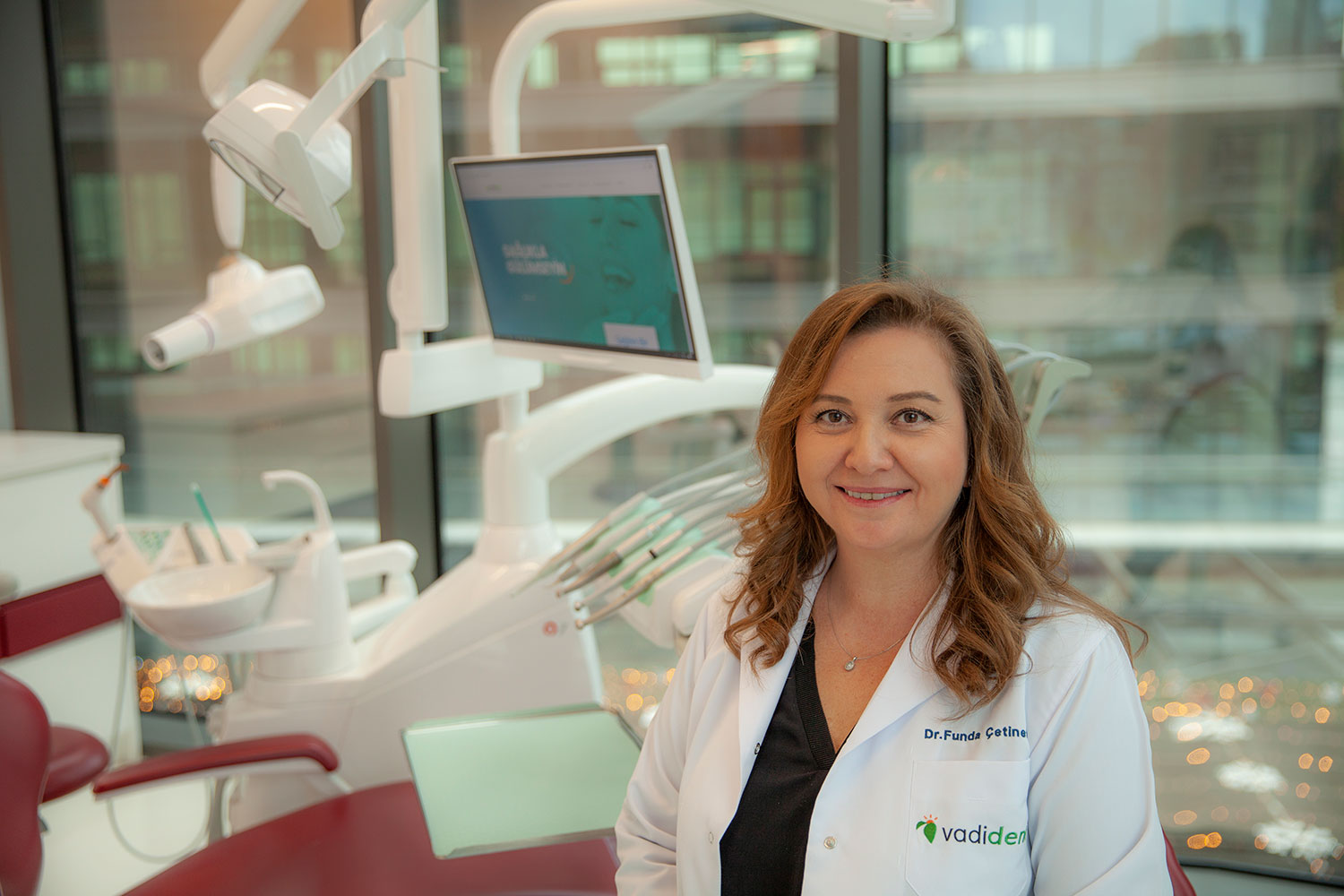

What are the symptoms of jaw joint diseases?
The temporomandibular joint (TMJ) is the joint that connects the lower jaw to the skull. TMJ diseases involve the joint and masticatory muscles. It is seen in a large part of the society, especially in women. Patients with jaw joint disorders are usually between the ages of 20 and 40.
- Difficulty and pain when opening the mouth or chewing
- Pain sensation in the ear, temple, and cheeks, tinnitus
- Neck and headache
- Abnormal joint sounds (clicks)
- Locking or dislocation of the jaw
- A constant feeling of tension and fatigue in the jaws
- A change in the pattern of biting
- Facial swelling, asymmetry
The presence of the above-mentioned complaints may be a sign of jaw joint diseases.
Genetic factors, traumatic factors such as trauma, bad habits such as clenching and grinding, disorders in the relationship between the jaws, psychosocial factors such as stress, or pathological factors such as degeneration, hormones, inflammation, or neoplasia, can cause these complaints.
What are Jaw Joint Diseases?
Limited mouth opening or jaw displacement to one side as a result of the articular disc slipping forward
Dislocation of the joint/jaw
No formation of the joint, smaller or larger than normal, malignant growth of the joint
Inflammatory diseases such as synovitis, arthritis, polyarthritis
Osteoarthritis and TMJ ankylosis in the advanced stage (ossification of the joint between the jaw and skull and consequent immobilization)
With careful clinical and radiological examination, the correct diagnosis of the jaw joint disorder is made and treatment is planned accordingly.
Non-surgical treatment includes a physical approach such as muscle exercises, medication when necessary, and a mechanical approach that optimizes the jaw relationship. For this purpose, splints (thin transparent plates that are put on the teeth) are prepared. The fact that splints eliminate the complaints both relieves the patient and indicates the need for reorganization of the closure.
The factor causing the problem in the closure is determined by the dentist and eliminated prosthetically and orthodontically when necessary. In advanced cases where a conservative approach is not sufficient, the jaw joint is treated surgically.
The patient should avoid excessive movements that will tire the jaw and eliminate the stress factor with psychological support if necessary during the treatment.
Our Specialties
Our customers are our priority, and we offer quality dental services with a team of experts. Learn more about our services.
Vadi İstanbul 2A Ofis Ayazağa Mah. Cendere cad. No:109/1 D:27 Sariyer

